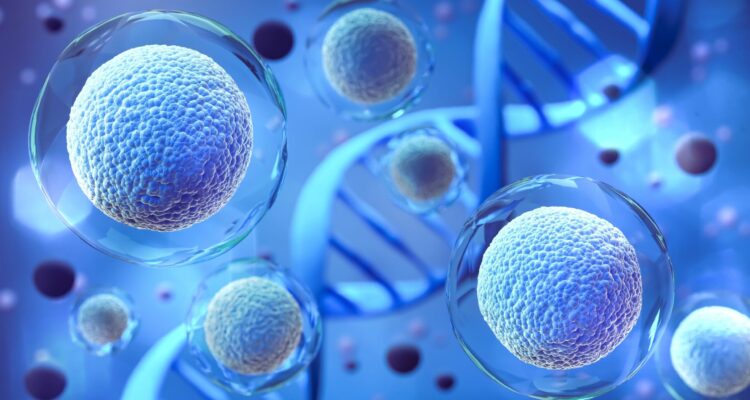In the realm of modern medicine, where breakthroughs often redefine the boundaries of what was once thought possible, regenerative medicine emerges as a beacon of hope, offering a bold and innovative approach to address a myriad of health challenges. At its core, regenerative medicine harnesses the body’s intrinsic ability to heal and regenerate tissues, organs, and even complex systems. Unlike traditional medical interventions that often focus on managing symptoms, regenerative medicine seeks to restore functionality and promote long-term healing. Stem cell therapy, a prominent facet of regenerative medicine, stands out as a revolutionary technique, utilizing the body’s master cells to repair and replace damaged tissues. This approach has shown promise in treating conditions ranging from orthopedic injuries to degenerative diseases. One of the most remarkable aspects of regenerative medicine lies in its potential to go beyond mere symptom relief and offer transformative solutions for conditions previously deemed incurable. Take, for example, the treatment of neurodegenerative disorders like Parkinson’s disease or Alzheimer’s.

Regenerative medicine explores the possibility of not just managing the symptoms but actually regenerating damaged neural tissues, potentially restoring lost cognitive function. This paradigm shift challenges the conventional understanding of chronic diseases, opening avenues for genuine healing and improved quality of life. In the field of orthopedics, regenerative medicine has made significant strides, offering alternatives to conventional surgeries and pain management. For individuals grappling with joint injuries or degenerative conditions, therapies involving mesenchymal stem cells or platelet-rich plasma have demonstrated the capacity to stimulate tissue repair and reduce inflammation. These interventions aim not only to alleviate pain but also to promote the regeneration of cartilage and other essential structures, potentially delaying or even eliminating the need for invasive surgical procedures. Beyond the individual level, regenerative medicine holds promise for addressing broader health challenges, such as organ transplantation shortages. The prospect of growing replacement organs from a patient’s own cells mitigates the risk of rejection and eliminates the need for immunosuppressive drugs.
This transformative approach could revolutionize the field of organ transplantation, making life-saving procedures more accessible and reducing the dependence on organ donors. As regenerative medicine continues to evolve, ethical considerations and regulatory frameworks become crucial components of its integration into mainstream healthcare utsa regenerative medicine phd program. Balancing the potential for groundbreaking treatments with the need for rigorous oversight ensures that the benefits of regenerative medicine are realized without compromising patient safety or ethical standards. In conclusion, regenerative medicine stands at the forefront of a paradigm shift in healthcare, offering a bold and transformative approach to address health challenges at their core. Beyond repairing symptoms, this innovative field seeks to harness the body’s innate healing capacities, paving the way for a future where conditions once deemed beyond repair may find a pathway to genuine recovery and regeneration. The journey towards realizing the full potential of regenerative medicine involves not only scientific advancements but also ethical considerations, emphasizing the importance of a balanced and responsible integration into the broader healthcare landscape.



